1. Aloe Vera
You Will Need
Aloe vera gelWhat You Have To Do
- Take a little aloe vera gel and apply a thin layer of it on the mosquito bites.
- Allow it to dry and reapply as required.
How Often You Should Do This
Do this 2-3 times daily until you get relief.Why This Works
The healing properties of aloe vera are not unknown. This therapeutic herb can soothe your skin and provide immediate relief from mosquito bites with its anti-inflammatory properties (1), (2). Aloe vera is also beneficial in treating bug bites and burns. You can store it in your refrigerator as cold aloe gel is all the more soothing.2. Toothpaste
You Will Need
ToothpasteWhat You Have To Do
Apply a little toothpaste on the affected area.How Often You Should Do This
Do this at least twice a day.Why This Works
Toothpastes usually have a minty menthol or peppermint flavor, which soothes your skin and relieves itching (3). They also have astringent properties and can reduce swelling and inflammation on your skin that may have arisen from a mosquito bite.3. Essential Oils
1. Peppermint Essential Oil
You Will Need
- 2-3 drops of peppermint oil
- 1 teaspoon of coconut oil (optional)
What You Have To Do
- Dab some peppermint oil directly on the mosquito bite.
- If you have sensitive skin, mix peppermint oil with coconut oil and then apply.
How Often You Should Do This
You need to do this only once or twice to get rid of the itching.Why This Works
Peppermint oil provides a cooling and soothing effect when applied topically. The anti-inflammatory properties of the oil reduce the itching and swelling in the affected area, and its strong aroma may act as a mosquito repellent (4).2. Tea Tree Oil
You Will Need
- 3 drops of tea tree oil
- 1 teaspoon of any carrier oil (olive or coconut oil)
What You Have To Do
- Mix tea tree oil with a carrier oil of your choice.
- Massage this mixture into the affected area.
How Often You Should Do This
You must do this once or twice.Why This Works
Tea tree oil is a natural antiseptic that also possesses insecticidal and repellent properties (5). It not only helps ward off mosquitoes but also relieves the itching and swelling that accompany a mosquito bite (6). Other than this, tea tree oil is also a proven remedy for various skin ailments due to its antimicrobial properties (7).4. Apple Cider Vinegar
You Will Need
- 1 tablespoon of apple cider vinegar
- 1 tablespoon of cold water
What You Have To Do
- Mix apple cider vinegar and cold water in equal quantities.
- Dip a washcloth in this solution and apply it directly to the mosquito bite.
How Often You Should Do This
You can do this 1-2 times.Why This Works
Apple cider vinegar contains acetic acid that exhibits healing properties due to its anti-inflammatory and cooling nature (8). Hence, if you are bitten by a mosquito and the bite begins to itch, apple cider vinegar is the way to go. Its antimicrobial properties can also prevent infections that may arise with the constant scratching of the affected area (9).5. Green Tea Bags
You Will Need
- A green tea bag
- Cold water
What You Have To Do
- Soak a green tea bag in some cold water for 10-15 minutes.
- Remove from water and place it on the affected area for 10 minutes. Rinse off with water.
- You can refrigerate the dampened tea bags for further use.
How Often You Should Do This
Do this once or twice.Why This Works
The cold tea bag provides immediate relief from itching and soothes your skin (10). Also, the tannic acid in green tea provides relief from inflammation and swelling that are caused due to mosquito bites (11), (12).6. Baking Soda
You Will Need
- 1 teaspoon of baking soda
- 1 glass of cold water
- A clean washcloth
What You Have To Do
- Add a teaspoon of baking soda to a glass of cold water and mix well.
- Soak a clean washcloth in this solution and apply it to the affected areas.
- Leave this on for 15-20 minutes.
- Wash your skin with plain water.
How Often You Should Do This
Do this once.Why This Works
The major component of baking soda is sodium bicarbonate, an alkali that can balance the pH of your skin and soothe itching and inflammation. The antibacterial properties of baking soda ensure that there is no further infection on the itchy patch of your skin (13).7. Honey
You Will Need
HoneyWhat You Have To Do
Take a little honey on your fingertips and apply it on the mosquito bites.How Often You Should Do This
You can do this 1-2 times until you get relief.Why This Works
Honey is one of the best remedies for various ailments. It possesses a wide range of properties that give it an edge over other ingredients. While the antimicrobial properties of honey can prevent infection, its anti-inflammatory and wound-healing potential can help you get rid of that itchy mosquito bite easily (14), (15), (16).8. Lemon
You Will Need
1/2 lemonWhat You Have To Do
- Take a lemon and cut it in half.
- Rub one half of the lemon directly on the affected area.
- Leave the juice on for 5 to 10 minutes.
- Wash it off with plain water.
How Often You Should Do This
Do this once, right after a mosquito bites you.Why This Works
Lemons are highly acidic and have an anti-inflammatory effect on the mosquito bite. This can help in reducing the inflammation and swelling while also relieving the itch caused by the bite (17).9. Garlic
You Will Need
1-2 garlic clovesWhat You Have To Do
Take a garlic clove and rub it gently on the mosquito bite.How Often You Should Do This
Do this once or twice.Why This Works
Garlic has been in use since centuries due to its therapeutic activities (18). The crushed garlic clove is rich in sulfur-containing compounds that impart exceptional biological properties to it. The anti-inflammatory nature of garlic has been proven to be quite beneficial in treating various ailments and infections and can provide quick and effective relief against itchy mosquito bites as well (19), (20).10. Ice
You Will Need
- 2-3 ice cubes
- A clean washcloth
What You Have To Do
- Take a couple of ice cubes and wrap them in a clean washcloth.
- Hold this on the affected area for 10 to 15 minutes.
How Often You Should Do This
You must do this once following a mosquito bite.Why This Works
The coolness of the ice soothes the skin and limits the spread of inflammation from the site of the bite. Cold compresses are also one of the widely used remedies for pain and inflammation following an injury or physical trauma (21). They not only relieve the itching that surfaces with a mosquito bite but also reduce the inflammation and swelling of the affected area with their soothing properties.11. Hot Water
You Will Need
- A bowl of hot water
- A clean washcloth
What You Have To Do
- Take a bowl of hot water and soak a clean washcloth in it.
- Wring out the excess water and place the hot washcloth over the affected area.
- Keep it on for 5 to 10 minutes.
How Often You Should Do This
You can do this 2-3 times.Why This Works
When a mosquito bites you, it injects a protein into your skin that prevents your blood from coagulating. It is this anticoagulating protein that causes your skin to itch. The high temperature of hot water nullifies this effect and relieves and soothes your skin. The use of concentrated heat is also a popular method to reduce and treat a variety of other insect/bug bites (22).12. Basil
You Will Need
A few basil leavesWhat You Have To Do
- Mince the basil leaves.
- Apply the paste to the affected area.
How Often You Should Do This
You can do this right after you are bitten by a mosquito.Why This Works
Basil is also known as sweet basil or tulsi. It exhibits powerful anti-inflammatory, antioxidant, and antiseptic properties due to the presence of acetone and petroleum ether (23), (24). These properties are quite helpful in soothing itchy and inflamed skin. The strong aroma of basil also acts as a mosquito repellent (25), (26).13. Coconut Oil
You Will Need
Coconut oilWhat You Have To Do
Apply a thin layer of coconut oil directly to the mosquito bite.How Often You Should Do This
Do this 2-3 times.Why This Works
When applied topically, coconut oil forms a protective barrier on your skin and prevents infections. This is mainly because of the high content of fatty acids and polyphenols in it. These compounds exhibit anti-inflammatory, analgesic, and barrier functions, which can prevent itching from mosquito bites and also act as a natural repellent (27), (28).14. Onion
You Will Need
1 onionWhat You Have To Do
- Take an onion and mince it to make a thick paste.
- Apply this paste to the mosquito bite and leave it on for 10 to 15 minutes.
How Often You Should Do This
Do this 1-2 times.Why This Works
Onions are a rich source of phytochemical compounds (like allicin) and flavonoids (like quercetin), which are quite popular for their anti-inflammatory and antioxidant activities. They also have a strong odor that acts as a mosquito repellent. Their anti-inflammatory nature helps treat and prevents the mosquito bites from itching (29), (30).15. Sandalwood
You Will Need
- 1 teaspoon of sandalwood powder
- 1 teaspoon of lemon juice
What You Have To Do
- Mix both the ingredients to form a fine paste.
- Apply this paste to the affected area. Allow it to dry.
- Wash it off with water.
- Alternatively, you can dab some sandalwood oil directly on to the mosquito bite.
How Often You Should Do This
Do this once or twice.Why This Works
Sandalwood is a therapeutic agent that has anti-inflammatory, antioxidant, and antimicrobial properties (31). These can help combat infections and inflammation that may arise from mosquito bites. Studies have also found that sandalwood is quite effective in treating inflamed and itchy skin (32).16. Turmeric
You Will Need
- 1 teaspoon of turmeric powder
- 1-2 teaspoons of water
What You Have To Do
- Mix turmeric powder with water to make a thick paste.
- Apply this paste directly to the mosquito bite and allow it to dry.
- Wash it off with plain water.
How Often You Should Do This
You must do this once.Why This Works
Turmeric is a natural healing agent and is widely used to treat a variety of ailments. The presence of curcumin in turmeric is what makes it beneficial in so many ways. Curcumin is a powerful anti-inflammatory and antioxidant agent that can be of great help in soothing and healing itching (33), (34). The strong aroma of turmeric also functions as a natural mosquito repellent (35).17. Neem Oil
You Will Need
- 2-3 drops of neem oil
- 1 teaspoon of coconut oil
What You Have To Do
- Mix a few drops of neem oil with coconut oil.
- Apply this mixture directly to the mosquito bites.
How Often You Should Do This
Do this twice to get immediate relief from the mosquito bite.Why This Works
Neem is a popular herb with a wide range of health benefits, one of them being its repellent action against mosquitoes (36). When neem oil is used in combination with coconut oil, it is found to be 100% effective against mosquito bites (37). It is also anti-inflammatory in nature and can hence treat inflammation, swelling, and itchiness that follow a mosquito bite (38).18. Salt
You Will Need
- 1/2 teaspoon of salt
- A few drops of water
What You Have To Do
- Mix half a teaspoon of salt and with a few drops of water.
- Apply this paste to the affected area. Let it dry.
- Wash it off with cold water.
How Often You Should Do This
You can do this 1-2 times.Why This Works
Salt is a natural antiseptic and can help prevent infections. Topical applications of salt have also been found to exhibit anti-inflammatory effects, which can be effective in relieving itching and inflammation at the site of the mosquito bite (39).19. Oatmeal Bath
You Will Need
- 2-3 cups of oatmeal
- Bathwater
What You Have To Do
- Add oatmeal to your bathwater.
- Soak in this water for 15 to 20 minutes to relieve itching from mosquito bites.
How Often You Should Do This
Do this 3-4 times a week.Why This Works
Oatmeal bath is one of the best remedies to consider if you have had too many mosquito bites. It contains polyphenols called avenanthramides that possess anti-inflammatory and anti-itch properties (40). These properties make it an effective remedy to stop mosquito bites from itching.20. Vicks VapoRub
You Will Need
Vicks VapoRubWhat You Have To Do
Take some Vicks VapoRub and apply it directly to the mosquito bites.How Often You Should Do This
You can do this 2-3 times.Why This Works
Vicks VapoRub contains menthol and eucalyptus oils, both of which exhibit anti-inflammatory activities. Hence, it can help in treating the inflammation and itchiness that follow a mosquito bite (41), (42), (43).You can also take the following precautions in addition to using the remedies discussed above.
Tips To Prevent Itching From Mosquito Bites
- Keep your surroundings clean. Mosquitoes tend to lay eggs in stagnant water
- Wear light-colored clothes
- Use a mosquito net while sleeping
- Use mosquito repellents
- Avoid scratching mosquito bites to prevent further irritation
Source click here
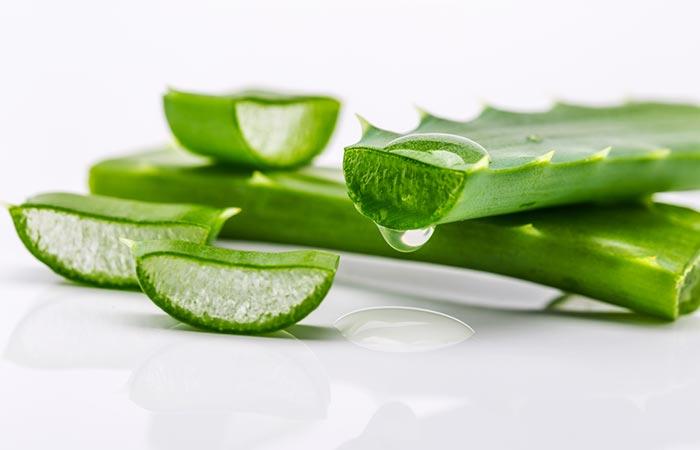
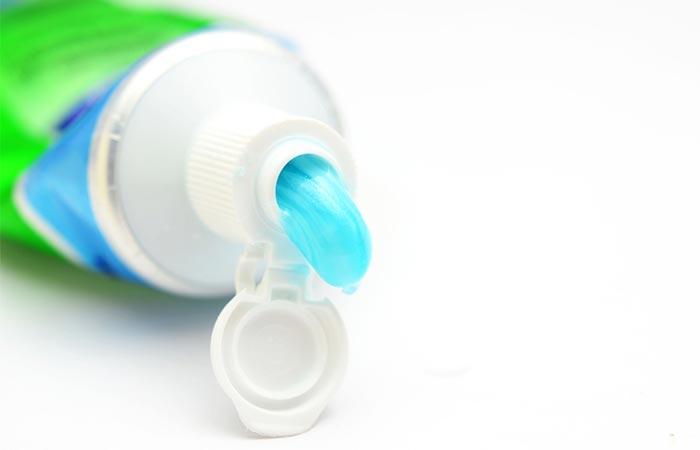

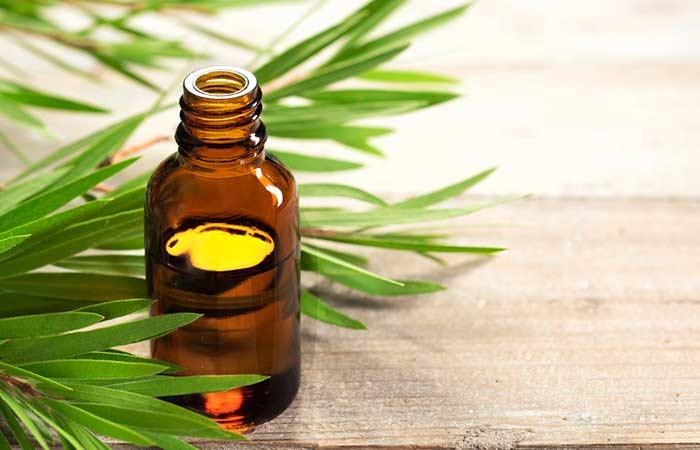


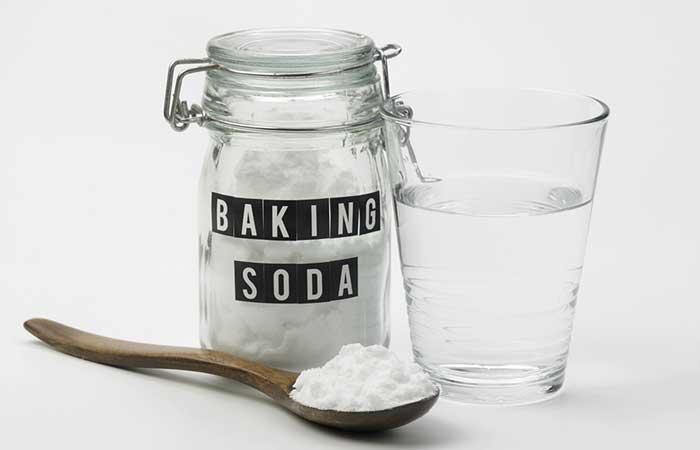
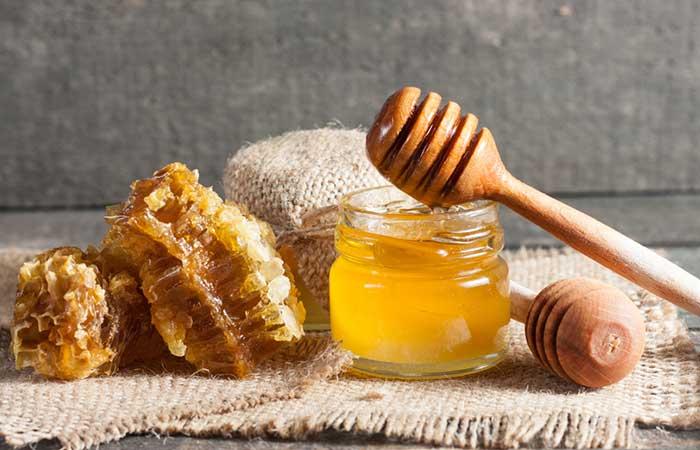

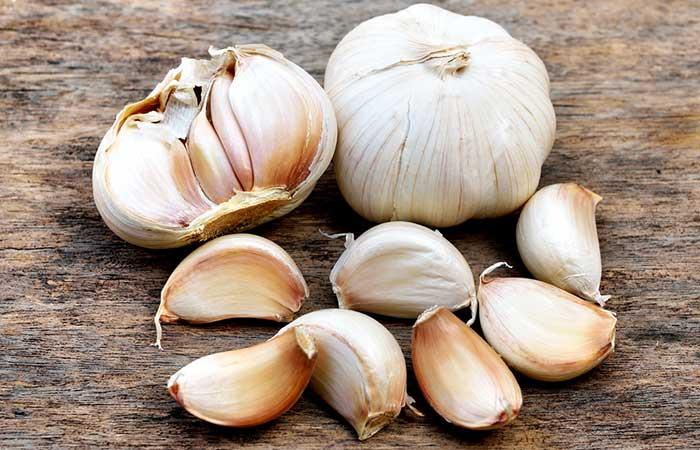
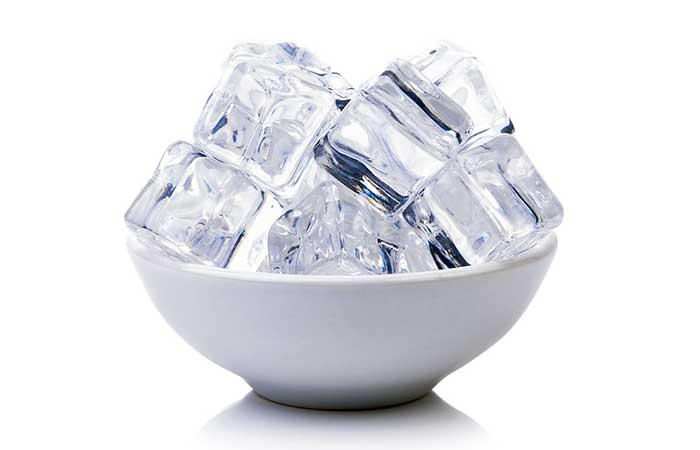




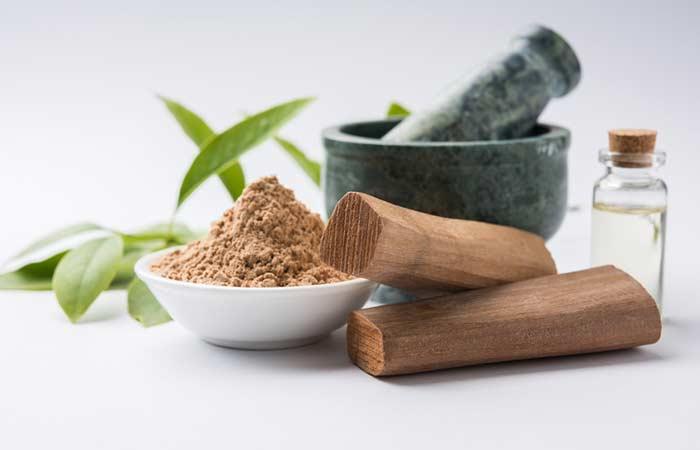


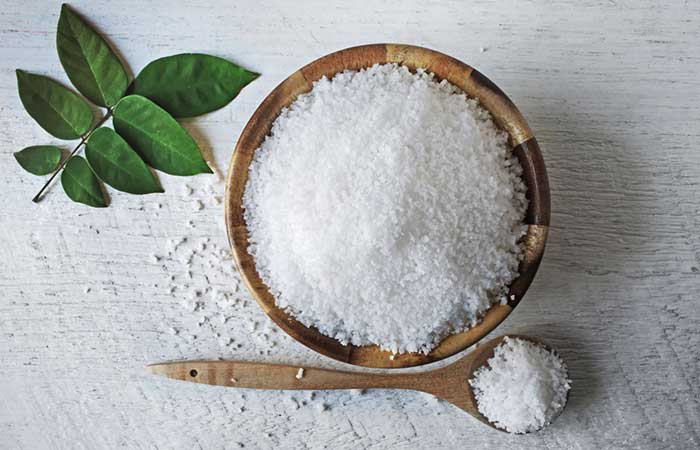
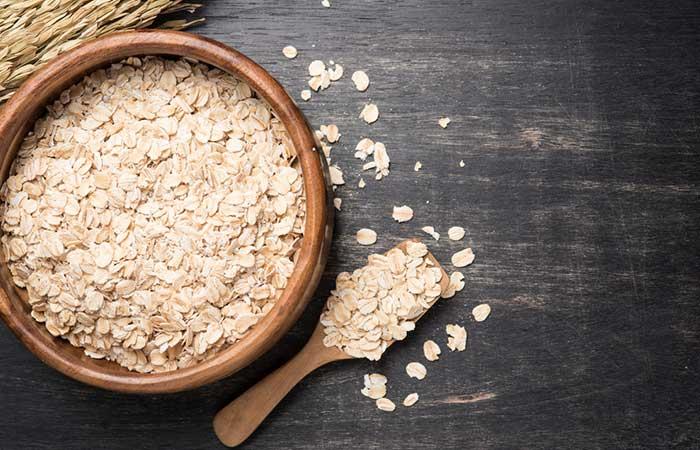
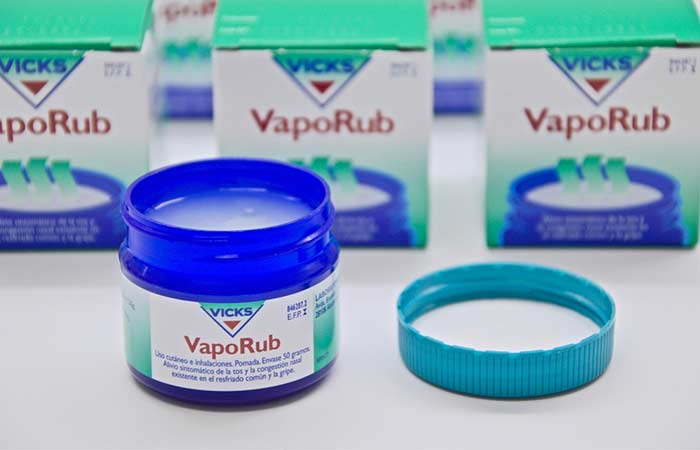
Comments
Post a Comment